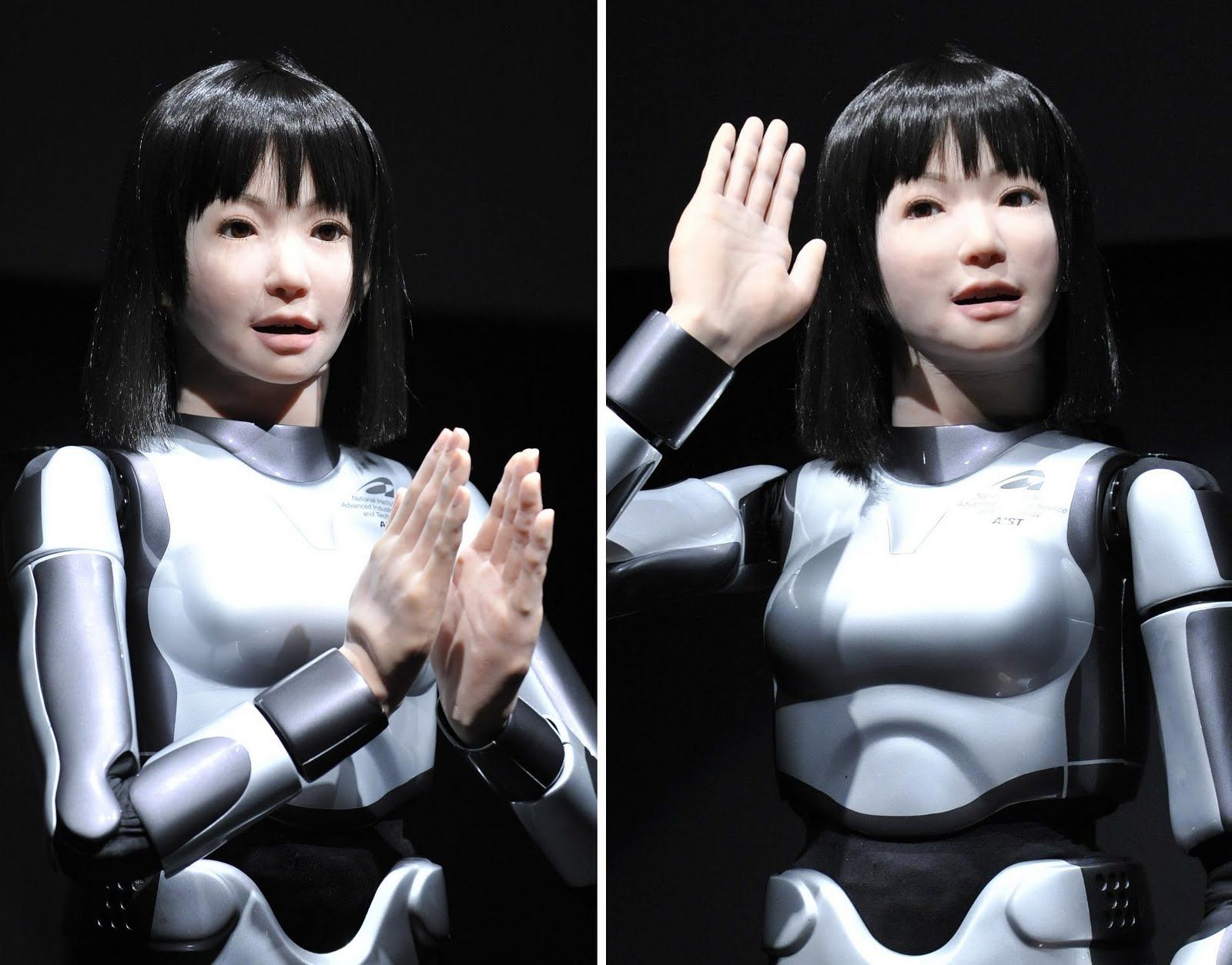By Zion Rufus
Professionals across the tech landscape have expressed concerns over Microsoft’s plans to extend the capabilities of ChatGPT to robotics and controlled multiple platforms such as robot arms, drones, and home assistant robots intuitively with language.
Urging world leaders to pay critical attention to developments in robot technology, Suraj Akinsemohin, a software engineer and behavior research expert told MARKETING EDGE that his biggest fear for the new technology is the continuous safety of humans and the ethical issues of humanoid-human interaction.
According to Akinsemohin, there is a high tendency for the robots to mimic human emotions, human intelligence and human communication, posing an even greater risk for people.
Hitoshi Kokumai, founder and chief architect at Mnemonic Identity Solutions Limited agrees.
In a LinkedIn submission, Kokumai pointed out that AI might become extremely excellent in mimicking human thinking.
“Mimicking thinking, however, is just different to thinking. Human thinking is supported, reflected, influenced and inspired by humans’ internal/external body senses and emotion, feeling and mood that come from them, as well as history of personal experiences and time-honored wisdom born from them. Personal identity is made of them. AI will never obtain such an identity. Mimicking thinking may be possible without Identity, but thinking is never possible without Identity. Each separate AI program, if given an ‘identification code’, can never be an object of ‘Identity Authentication’. Should we mess up here, we might be already walking on the road towards a digital dystopia.”
Dennis Ruiter, general director at Bertling Kazakh Logistics said: “This is scary. Robots are programmed by humans and filled with data. If they will start taking human emotions in the equation, what will their reactions be, what will they learn and how will they process all the info, and, what will they do with it?.”
He continued: “ChatGPT seems to have insulted people, we definitely don’t want AI to become aggressive, arrogant, ignorant and so forth. The main question is how to prevent AI becoming “negative”. Can we guarantee this will not happen? And then even a step further, what if the robot manages to become self supporting, thus in control of its lifeline? It becomes even more scary. And yes, movies project sometimes that robots take over. Could that be a real life scenario? We have to wait and see.”
Buttressing Ruiter’s concerns, Inam Ul-Haque said: “It is truly scary. AI is a requirement of the future, but should be seriously regulated and controlled, if let loose it has the ability to turn into the biggest threat to humans till date.”
John Asher, President and co-founder, Konfidis posed: “What happens when AI becomes angry, vengeful, jealous, feels discriminated against, or other possible combinations of human emotions that have led to catastrophic conflicts? Have we introduced another competing entity?”
Microsoft’s goal with the ‘ChatGPT for Robotics’ research is to see if ChatGPT can think beyond text, and reason about the physical world to help with robotics tasks.
The big tech announced: “We want to help people interact with robots more easily, without needing to learn complex programming languages or details about robotic systems. The key challenge here is teaching ChatGPT how to solve problems considering the laws of physics, the context of the operating environment, and how the robot’s physical actions can change the state of the world.”






Comment
No comments found.